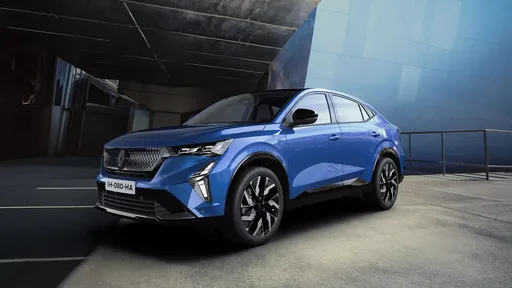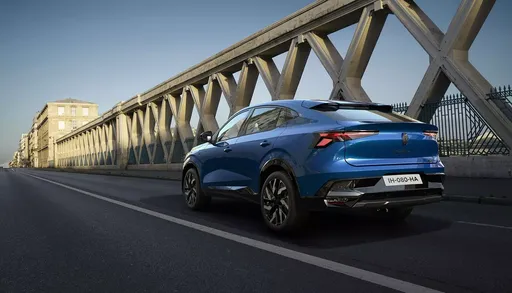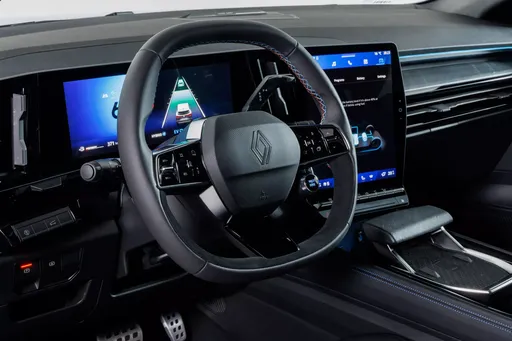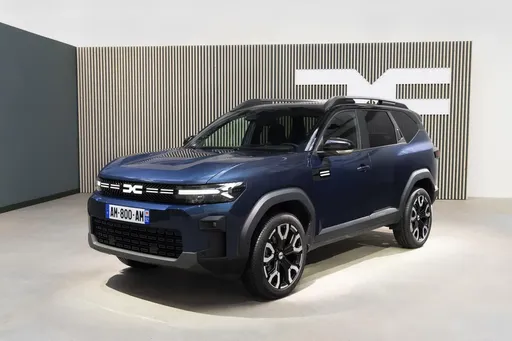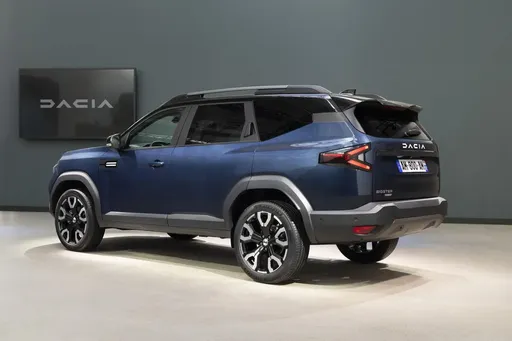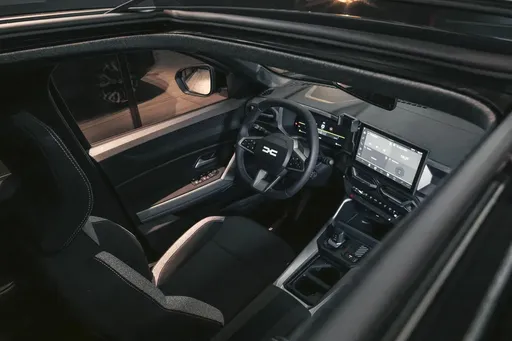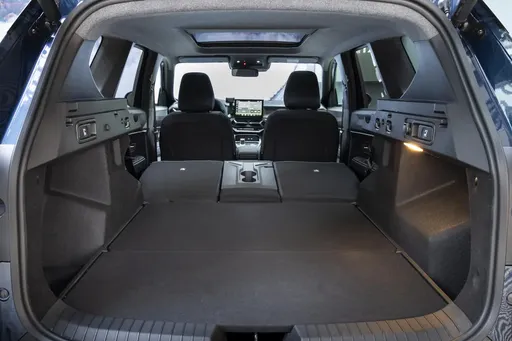Renault Rafale vs Dacia Bigster: A Comprehensive Comparison
As the automotive landscape evolves, two notable SUVs are vying for attention in the mid-sized segment: the Renault Rafale and the Dacia Bigster. Both models offer unique features and innovative technology, catering to a range of consumers looking for practicality, efficiency, and performance. In this article, we'll delve into the technical specifications and innovations that set these two vehicles apart.

